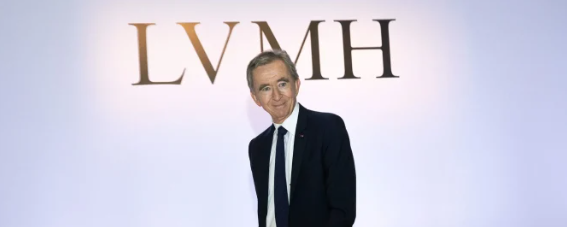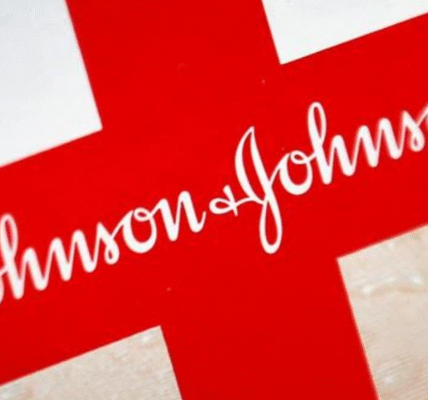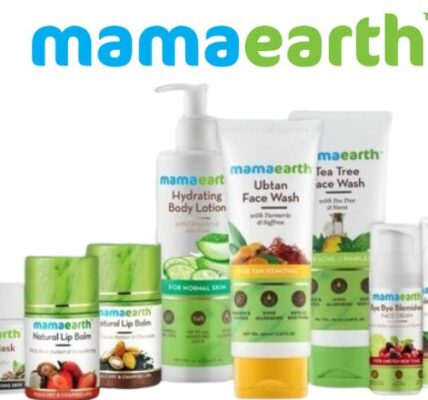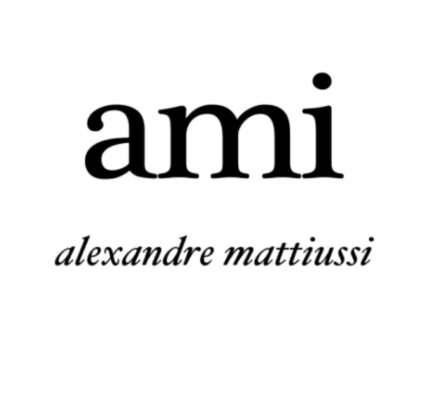
LVMH Moët Hennessy Louis Vuitton SE—commonly referred to as LVMH—is a renowned French multinational holding company and the world’s leading luxury goods conglomerate. Headquartered in the elegant heart of Paris, LVMH was formed in 1987 through the merger of the illustrious fashion house Louis Vuitton, established in 1854, and Moët Hennessy, which itself was a product of a merger between the celebrated champagne producer Moët & Chandon (founded in 1743) and the iconic cognac producer Hennessy (founded in 1765). This historic convergence marked the birth of a powerhouse that has since defined the luxury landscape globally.
In April 2023, LVMH made headlines as the first European company to surpass a staggering market valuation of $500 billion. Its dominance in the luxury sector is underscored by its ranking as the 47th largest company in the Forbes Global 2000 list in 2023, and its extensive portfolio of approximately 75 prestigious brands, which include industry giants such as Dior, Givenchy, Fendi, Celine, Kenzo, Tiffany, Bulgari, and Sephora. These brands are expertly organized into six principal business divisions: Fashion Group, Wines and Spirits, Perfumes and Cosmetics, Watches and Jewelry, Selective Distribution, and Other Activities.
Under the astute leadership of Bernard Arnault, who serves as the founder, chairman, and CEO, LVMH has not only achieved remarkable financial success but has also reshaped the luxury market. As of 2024, Arnault is recognized as the richest person in the world, highlighting the significant financial influence LVMH wields in both the luxury sector and global markets.
The company’s history is marked by strategic acquisitions that have reinforced its position. Notable milestones include the acquisition of the Italian jeweler Bulgari in 2011 for approximately $5.2 billion, the establishment of LCapitalAsia in 2012 to further penetrate the Asian market, and the landmark purchase of Tiffany & Co. in January 2021 for around $16.2 billion. Each of these acquisitions not only diversified LVMH’s brand offerings but also exemplified its commitment to integrating distinct craftsmanship and heritage within its portfolio.
In addition to its luxury brands, LVMH has also ventured into media, acquiring the Les Echos-Le Parisien Group and other media properties to broaden its influence. The company is deeply invested in philanthropy and the arts, sponsoring numerous cultural events and initiatives, including the prestigious LVMH Young Fashion Designer Prize and the Fondation Louis Vuitton, which showcases contemporary art.
With a workforce of over 83,000 employees and a global retail presence exceeding 2,400 stores, LVMH is not just a commercial giant but a cultural institution that shapes trends and standards within the luxury market. The company’s proactive response to global challenges, such as its pivot to producing hand sanitizers during the COVID-19 pandemic, reflects its commitment to corporate responsibility and adaptability.
As LVMH continues to expand its global footprint and diversify its luxury offerings, it remains a benchmark for excellence, innovation, and influence in the luxury goods sector, poised to navigate the future with the same vision and ambition that has driven its extraordinary journey since its inception.





